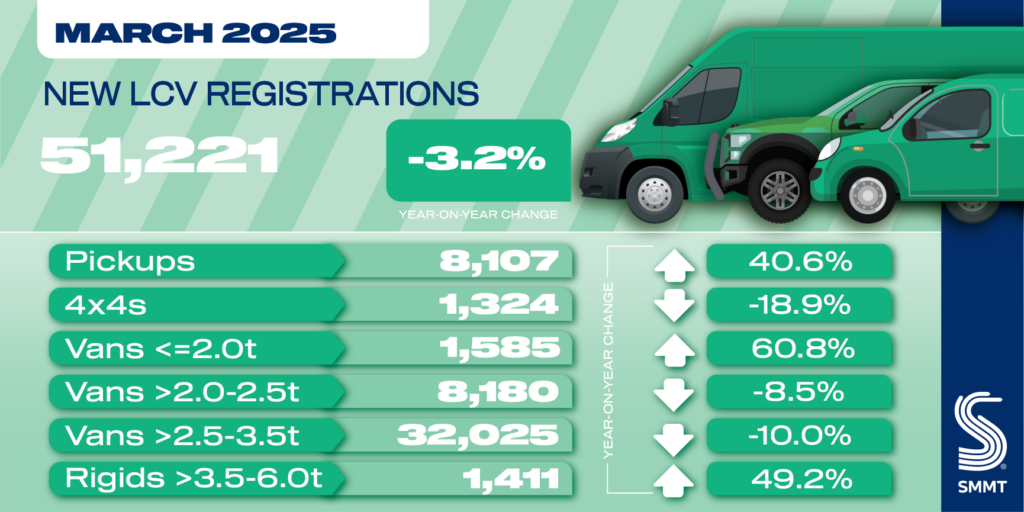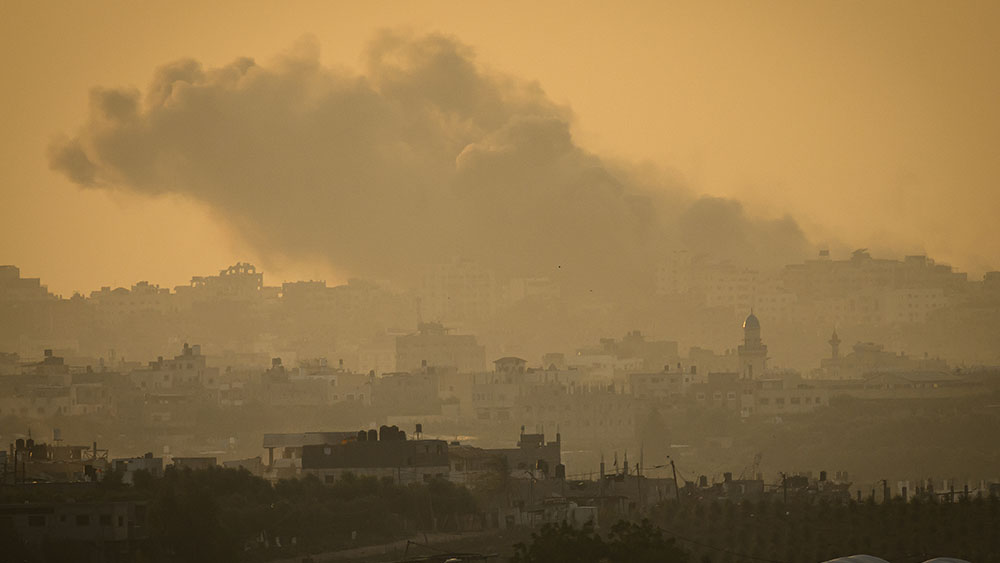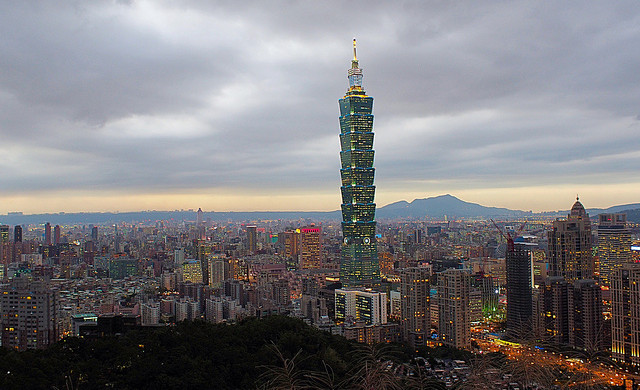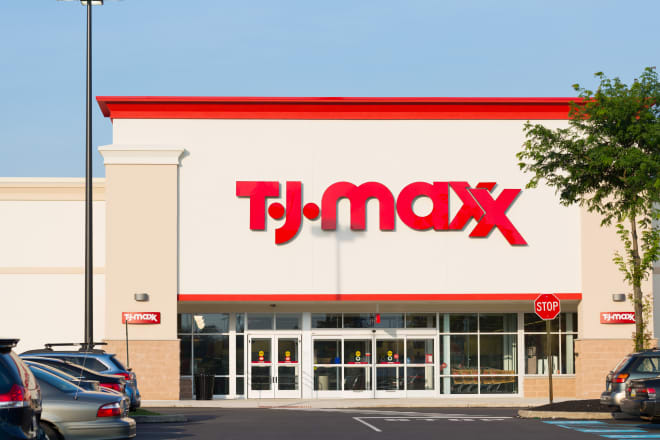US-Russia economic reset: New day, same shakedown
While it was never an easy place for American companies to operate, Russia has gotten even worse since Putin launched the invasion.

Following President Trump’s almost two-hour phone call with Russian President Vladimir Putin earlier this month, the White House was upbeat about the conversation.
One topic discussed was the prospect of American companies striking “deals” in Russia. There is some speculation that, as soon as the fighting stops, the U.S. will lift sanctions and companies can return to Russia to take up where they left off.
Is American business ready for a reset? After the collapse of the Soviet Union, Western businesses were eager to enter the Russian market. Energy companies sought access to oil and gas reserves and consumer goods companies were keen to satisfy pent-up demand for quality imported products.
The ruble crisis of 1998 and the 2008-09 financial crisis failed to dampen investors’ enthusiasm, and Russia’s invasion of Georgia in 2008 was scarcely a bump in the road for business.
The Obama administration launched a “reset” of relations in 2009. That ended with the seizure of Crimea in 2014. Afterward, some companies did leave, but for the most part business stayed.
However, the full-scale invasion of Ukraine in 2022 changed everything. Sanctions, reputational risk and moral indignation led to the exodus of more than 1000 Western companies.
As president of the U.S.-Russia Business Council during the Obama administration’s reset period, I advocated for U.S. companies doing business in Russia. With the benefit of hindsight, I can answer the question I posed earlier: American companies should regard any reset in U.S.-Russia economic relations with skepticism, at least for as long as the Putin regime remains in power.
While it was never an easy place for American companies to operate, Russia has gotten even worse since Putin launched the invasion.
From 2022 to 2023, Russia’s rating in Transparency International’s Corruption Perceptions Index dropped and is now at an abysmal 156th place out of 180 countries. Most companies that left after the invasion either sold their assets at knockdown prices or had them confiscated and redistributed, usually to Kremlin-favored oligarchs.
Business in Russia is sometimes hard to distinguish from criminal activity. Crypto markets flourish in Moscow, which provides a secure base for cyber criminals to conduct international money laundering operations, which in turn are often linked to drug trafficking or arms smuggling. Cyber ransom schemes against targets in Western countries are rampant, and Putin has even traded Western hostages for Russians convicted of cybercrimes.
Successful enterprises, both Russian and foreign, have been targets of “corporate raiders,” who use physical coercion as well as legal machinations to extort protection payments or to seize assets. Large Western companies were able to shield themselves, but even they underwent shakedowns.
Two multibillion-dollar oil and gas projects, Exxon’s Sakhalin-1 and Shell’s Sakhalin-2, came in for special treatment by the state-controlled gas monopoly Gazprom. Sakhalin-1 was required to sell its gas at less than market value, and Sakhalin-2 was forced to cede 50 percent ownership at a substantial discount to Gazprom in 2006 after a shakedown by the authorities.
Yukos, once Russia’s leading private sector oil company listed on the New York Stock Exchange, was liquidated in 2006 in a government-orchestrated bankruptcy for the benefit of state-owned oil company Rosneft.
A political motive was also evident: Yukos’s founder, Mikhail Khodorkovsky, denounced government corruption during a televised meeting with Putin. He was subsequently imprisoned, ostensibly for alleged tax evasion but in reality as an object lesson to Russian businessmen to stay out of politics.
Oil major BP had numerous run-ins with Russian business competitors, including one episode where the head of the company’s Russian operations was poisoned and had to flee abroad for treatment. BP eventually sold its half of a jointly owned Russian company in 2013 in exchange for cash and a 20 percent share of Rosneft, the value of which was written off in 2022 after the Ukraine invasion.
Hermitage Capital Management, an equity fund that was an early investor in the Russian stock market, came under attack for insisting that publicly traded companies comply with securities regulations. Seeing the handwriting on the wall, they quietly sold off their holdings and began shutting down.
Corrupt Russian officials saw an opportunity: They raided the fund’s office, taking corporate seals used in official documentation and using them to create false claims for value-added tax refunds. In collusion with crooked tax officials, they obtained $230 million in phony rebates.
When Hermitage’s lawyer, Sergey Magnitsky, blew the whistle on the scam, he was arrested and held in prison under inhumane conditions. In 2009, after months of refusing to falsely implicate his employer, Magnitsky was murdered in his prison cell. The Magnitsky Act, a U.S. law aimed at punishing human rights violations by corrupt foreign officials, was named for him.
Other Russian businessmen have met mysterious ends. The case of Ravil Maganov, chairman of Lukoil, came as a particular shock. In 1998, Maganov was the lead Lukoil representative for a deal that the company I then worked for, Texaco, was negotiating. A man of integrity working in a murky business environment, he later came into serious conflict with Rosneft over another disputed project.
Maganov became Lukoil’s chairman in 2022 after the company’s founder, Vagit Alekperov, stepped down after being placed on a sanctions list. Having reached the pinnacle of his career, it was inconceivable that Maganov would check into a hospital only to throw himself from a window.
Notwithstanding any reset, reputational risks will remain in a country that has brutally invaded its neighbors, and whose leader has been indicted for, among other morally repugnant acts, kidnapping thousands of Ukrainian children. Companies jealous of their brand names should carefully consider whether to allow their logos to be associated with international war crimes like those in Bucha, to mention one example.
What brought Western companies to Russia in the 2000s was the lure of an economy that, thanks to a historic rise in oil and gas prices, was growing rapidly and stoking consumer demand. That business case has vanished.
The real disposable income of the average Russian has stagnated or declined for the better part of a decade. Overextended credit limits and a Central Bank discount rate of 21 percent mean few consumers are willing to buy expensive imported goods. Low-cost Chinese imports have taken over a diminished market.
Companies that choose to go back to Russia should warn employees that travel to or are assigned to live there that the Putin regime arrests foreigners on flimsy or fabricated grounds, sometimes to pressure companies to make concessions, other times to use as hostages for the release of Russian miscreants held in foreign countries. That is likely to continue.
Edward Verona is a nonresident senior fellow at the Atlantic Council. He was president of the U.S.-Russia Business Council from 2008 to 2013, as well as holding executive positions in the oil and gas industry in Russia.

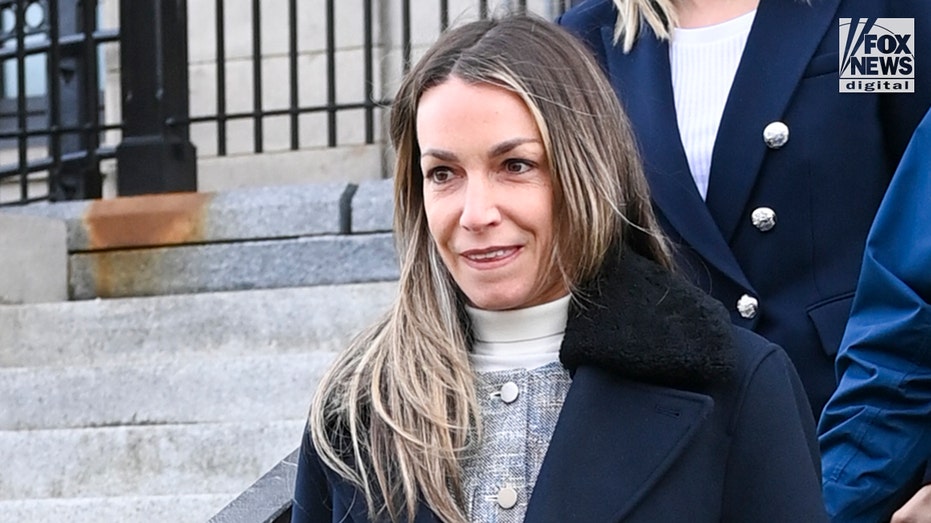




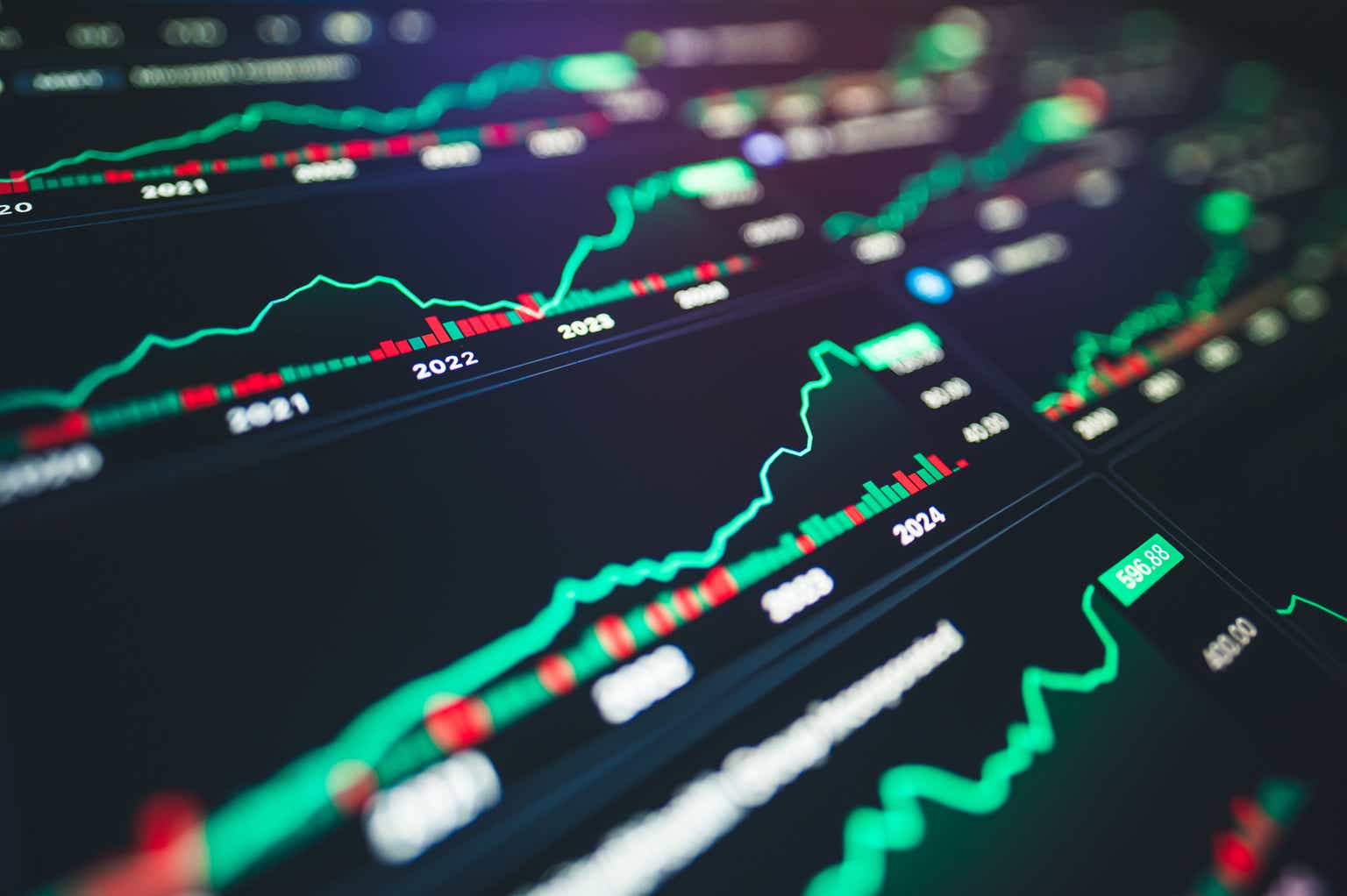
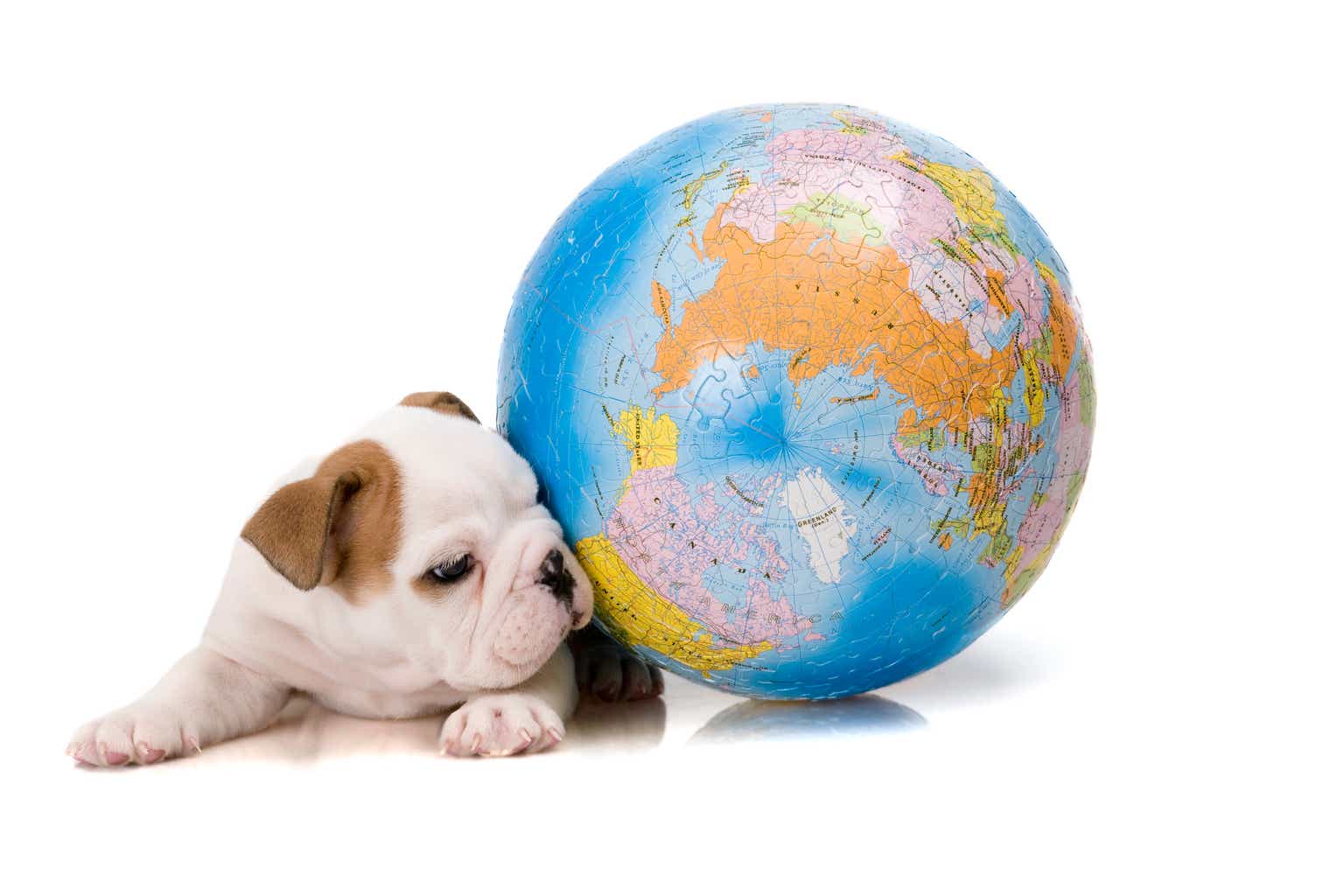










_Christophe_Coat_Alamy.jpg?#)


